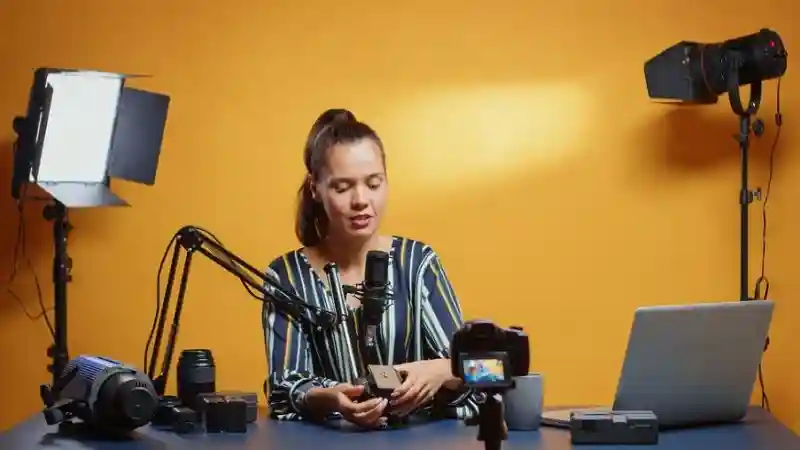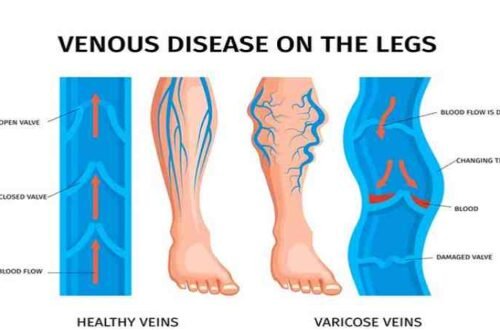In today’s digital age, bloggers and content creators have numerous opportunities to build successful careers. Whether you’re just starting or looking to take your content creation journey to the next level, having a strong resume is essential. A well-crafted resume not only showcases your skills and experience but also sets you apart in a competitive field. Here are some top resume tips for aspiring bloggers and content creators to help you land your dream role.
1. Highlight Your Writing Skills
Writing is the cornerstone of blogging and content creation. Make sure your resume clearly demonstrates your writing abilities. Include links to your published work, whether it’s blog posts, articles, or social media content. If possible, provide a variety of examples that showcase your versatility and proficiency in different writing styles and formats.
Tips:
- Include a portfolio link or attach samples of your best work.
- Mention any writing-related awards or recognitions.
- Highlight any specific niches or industries you specialize in.
2. Showcase Your Digital Marketing Skills
Digital marketing is integral to content creation. Employers look for individuals who understand how to promote and distribute content effectively. Highlight your experience with SEO, social media marketing, email marketing, and other digital marketing strategies.
Tips:
- Include specific metrics that demonstrate your success (e.g., increased website traffic by X%).
- Mention any certifications or courses completed in digital marketing.
- List tools and platforms you’re proficient with (e.g., Google Analytics, Hootsuite, Mailchimp).
3. Emphasize Multimedia Skills
Modern content creation often involves more than just writing. Being able to create and edit multimedia content, such as videos, podcasts, and graphics, can make you a more attractive candidate. Include any relevant skills and experience with multimedia tools and software.
Tips:
- Highlight proficiency with tools like Adobe Creative Suite, Final Cut Pro, or Canva.
- Mention any specific multimedia projects you’ve worked on.
- Provide links to your YouTube channel, podcast, or other multimedia work.
4. Detail Your Content Strategy Experience
Creating content is one thing; having a strategic approach to content creation is another. Employers value candidates who understand content strategy and can plan, create, and distribute content effectively.
Tips:
- Describe your experience with content planning and editorial calendars.
- Highlight any successful content campaigns you’ve led or contributed to.
- Mention any experience with content management systems (CMS) like WordPress or Squarespace.
5. Include Data and Analytics Skills
Data-driven content creation is becoming increasingly important. Show that you can analyze content performance and make data-driven decisions to improve engagement and reach.
Tips:
- Mention your experience with analytics tools (e.g., Google Analytics, SEMrush).
- Provide examples of how you’ve used data to inform content strategy.
- Highlight any experience with A/B testing and other optimization techniques.
6. Highlight Collaboration and Communication Skills
Content creation often involves working with others, whether it’s collaborating with other creators, working with clients, or managing a team.
Tips:
- Provide examples of successful team projects or collaborations.
- Mention any experience with project management tools (e.g., Trello, Asana).
7. Tailor Your Resume to the Job
Customize your resume for each job application. Highlight the skills and experiences that are most relevant to the specific role you’re applying for. This shows employers that you’ve taken the time to understand their needs and how you can meet them.
Tips:
- Use keywords from the job description in your resume.
- Include a personalized cover letter that addresses the specific job and company.
8. Use a Professional and Creative Design
Your resume should be visually appealing and easy to read. As a content creator, your resume is also a reflection of your design sensibility and attention to detail.
Tips:
- Incorporate subtle design elements that reflect your personal brand.
- Avoid clutter and ensure there’s plenty of white space for readability.
9. Highlight Any Relevant Education and Certifications
While experience is often more important, relevant education and certifications can bolster your resume. Include any degrees, courses, or certifications related to content creation, marketing, or digital media.
Tips:
- Mention any formal education (e.g., a degree in journalism, marketing, or communications).
- Include online courses or certifications (e.g., HubSpot Content Marketing Certification).
- Highlight any workshops or seminars you’ve attended.
10. Provide Strong References
References can provide valuable endorsements of your skills and work ethic. Include references who can speak to your abilities as a content creator and your professionalism.
Tips:
- Choose references who are familiar with your work and can provide detailed feedback.
Conclusion
Creating a standout resume as an aspiring blogger or content creator involves more than just listing your experiences. It’s about showcasing your unique skills, your understanding of digital marketing, and your ability to create compelling content across various platforms. By following these tips, you can craft a resume that not only highlights your qualifications but also sets you apart from the competition. Good luck!





